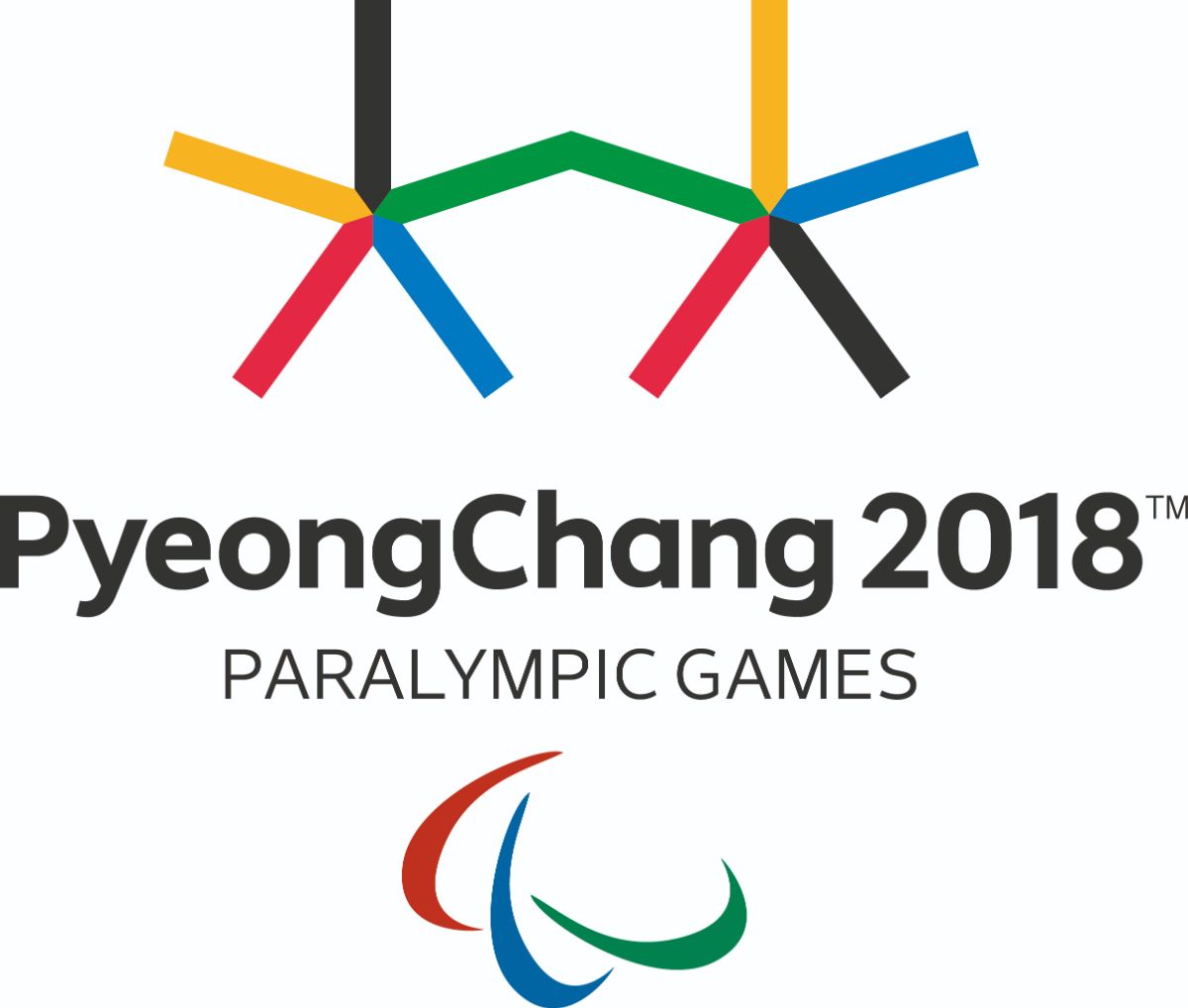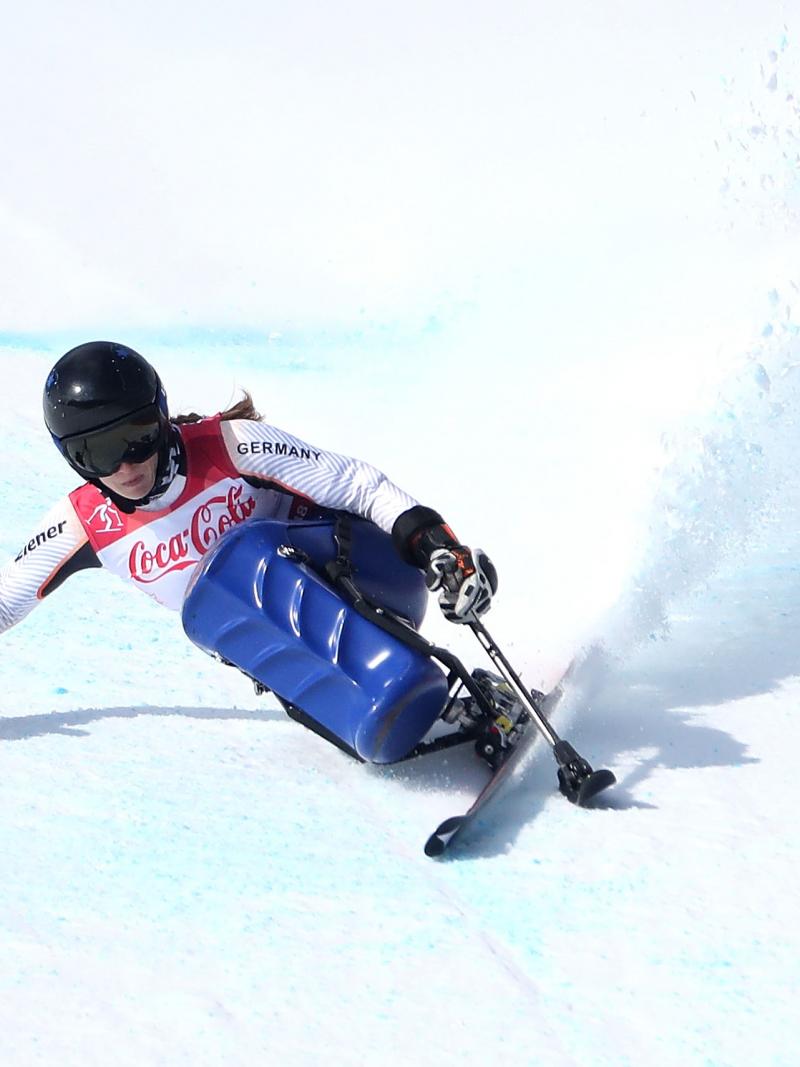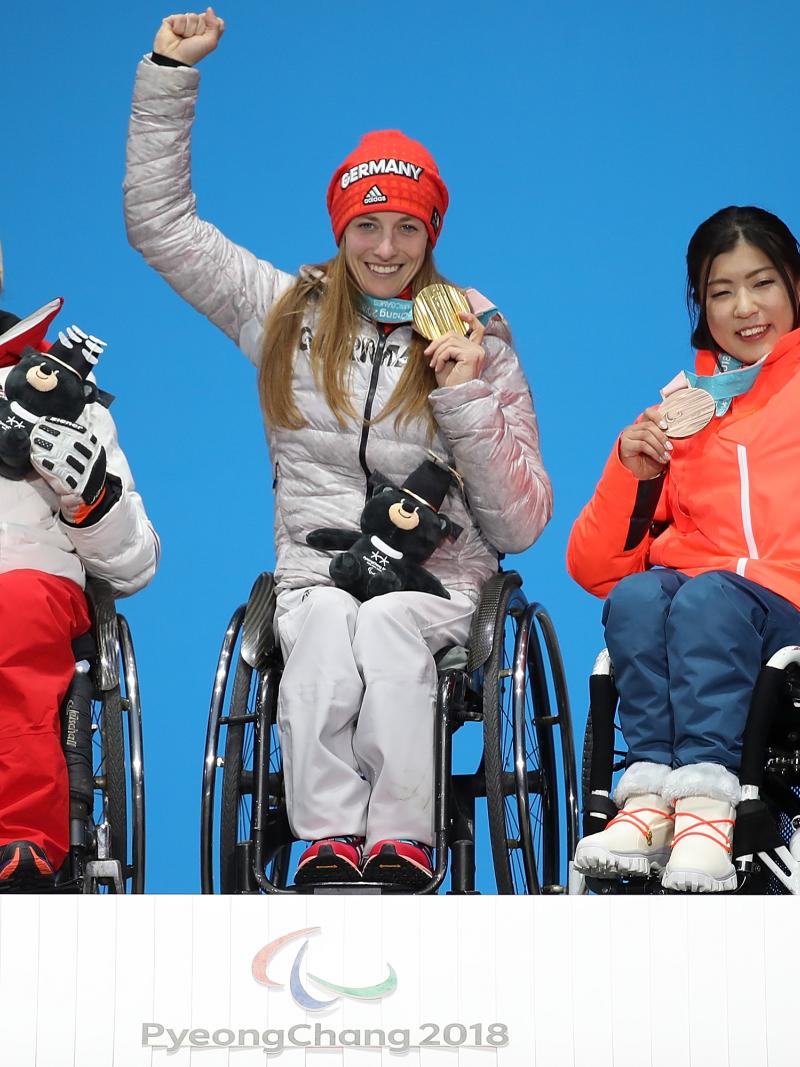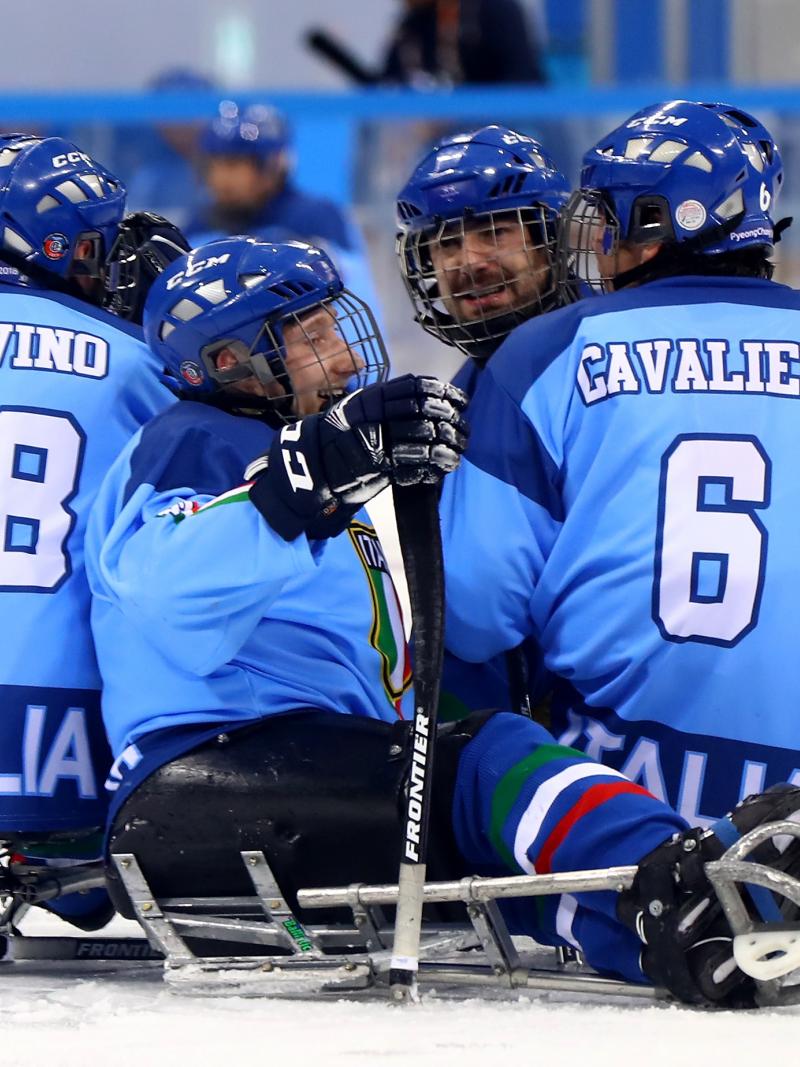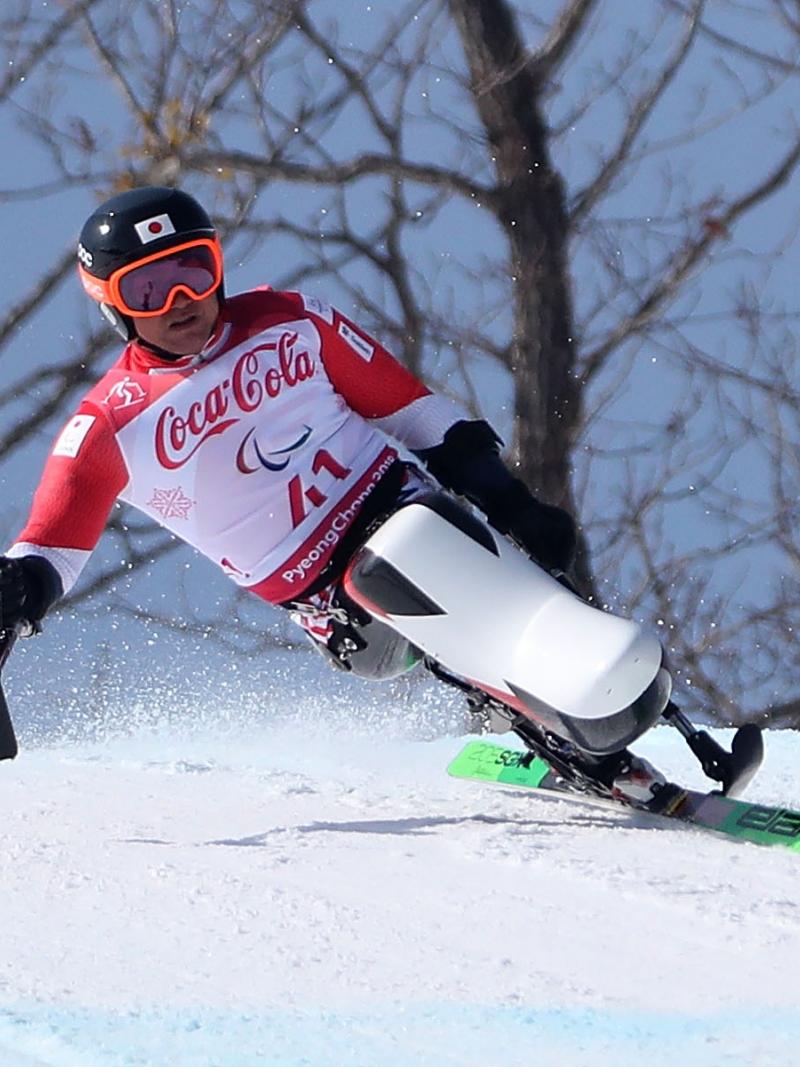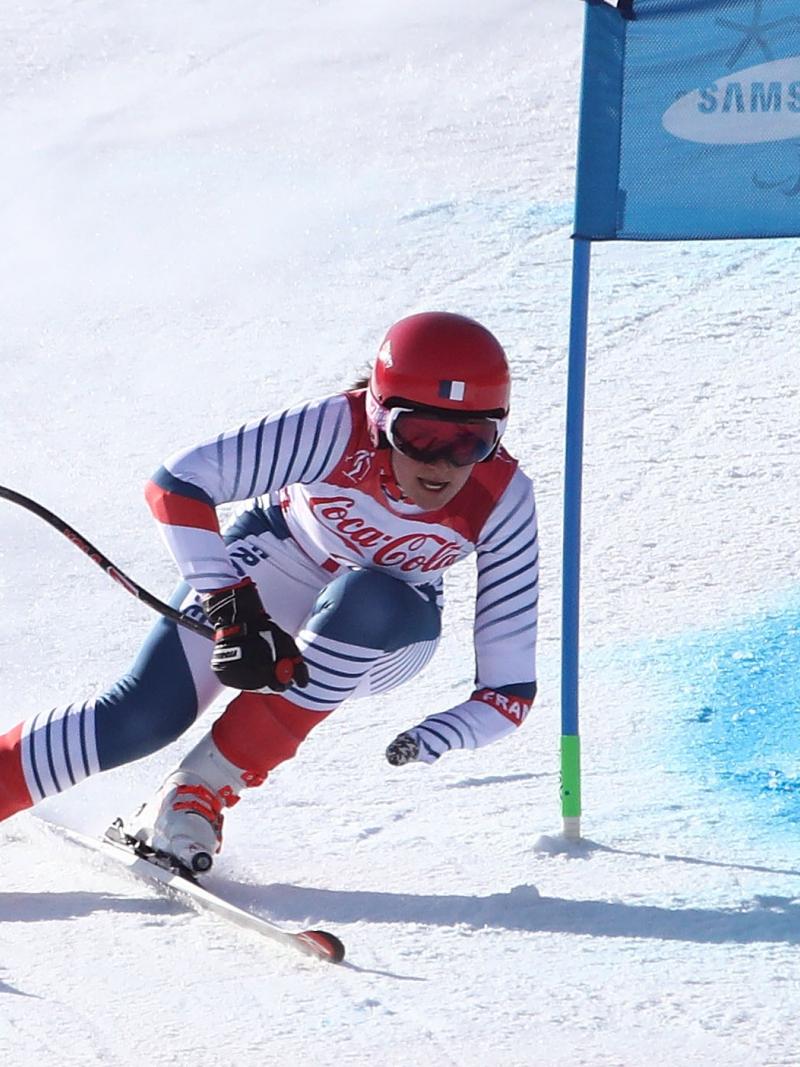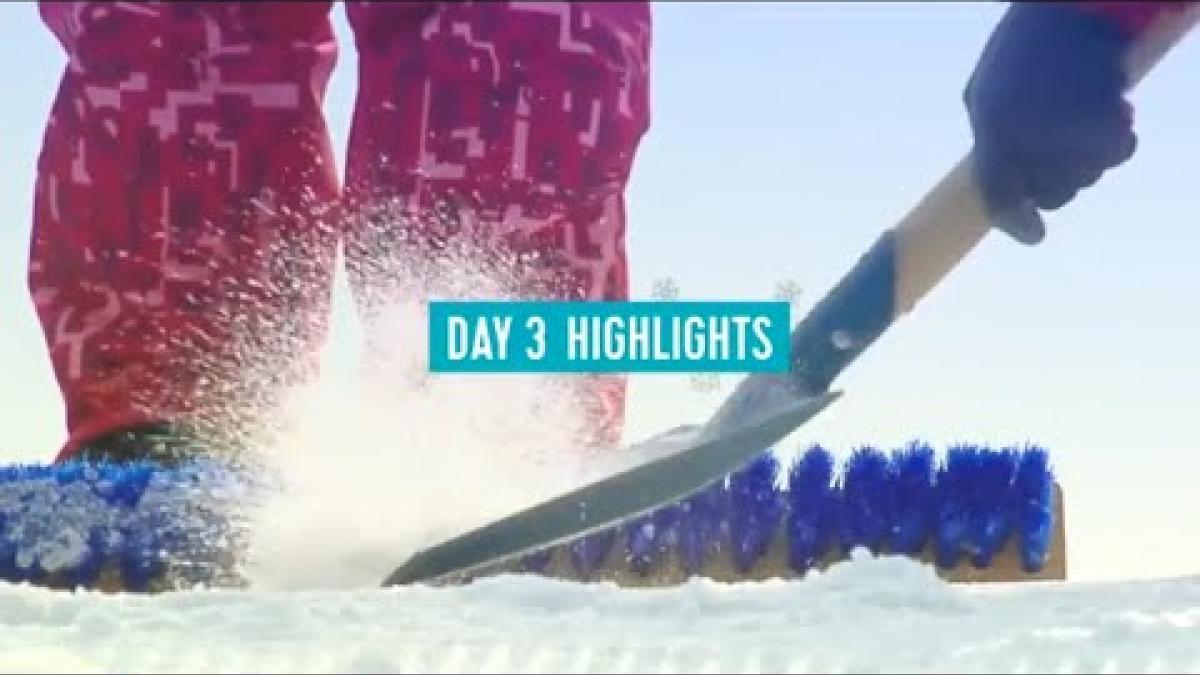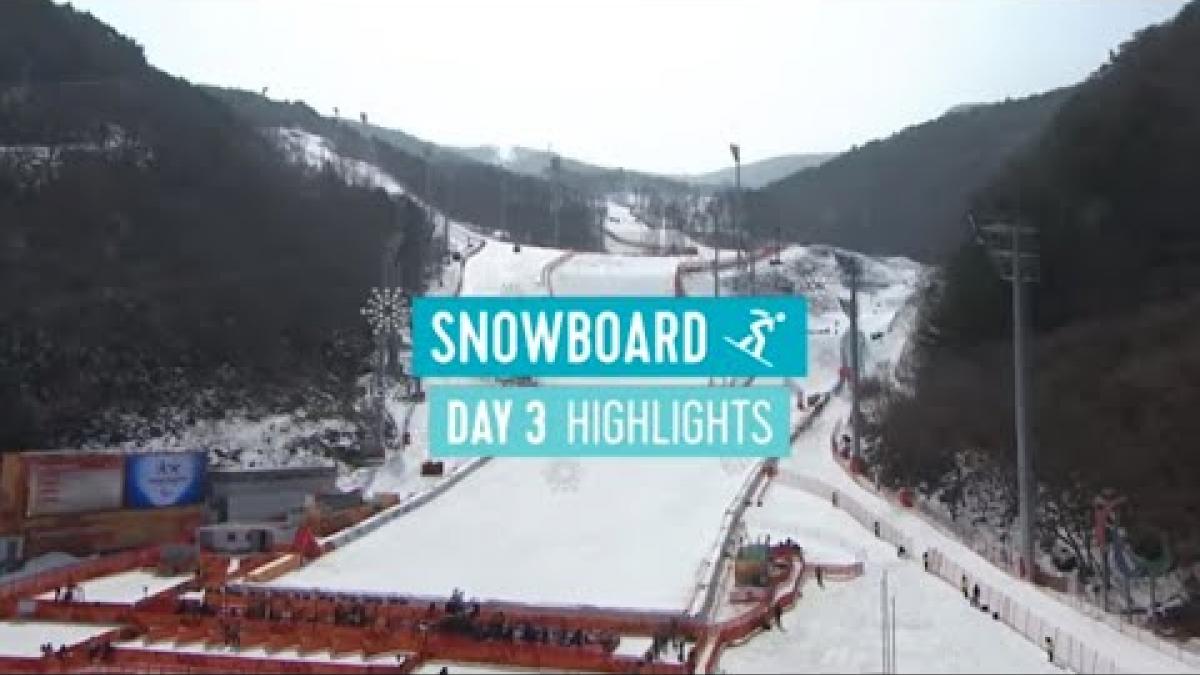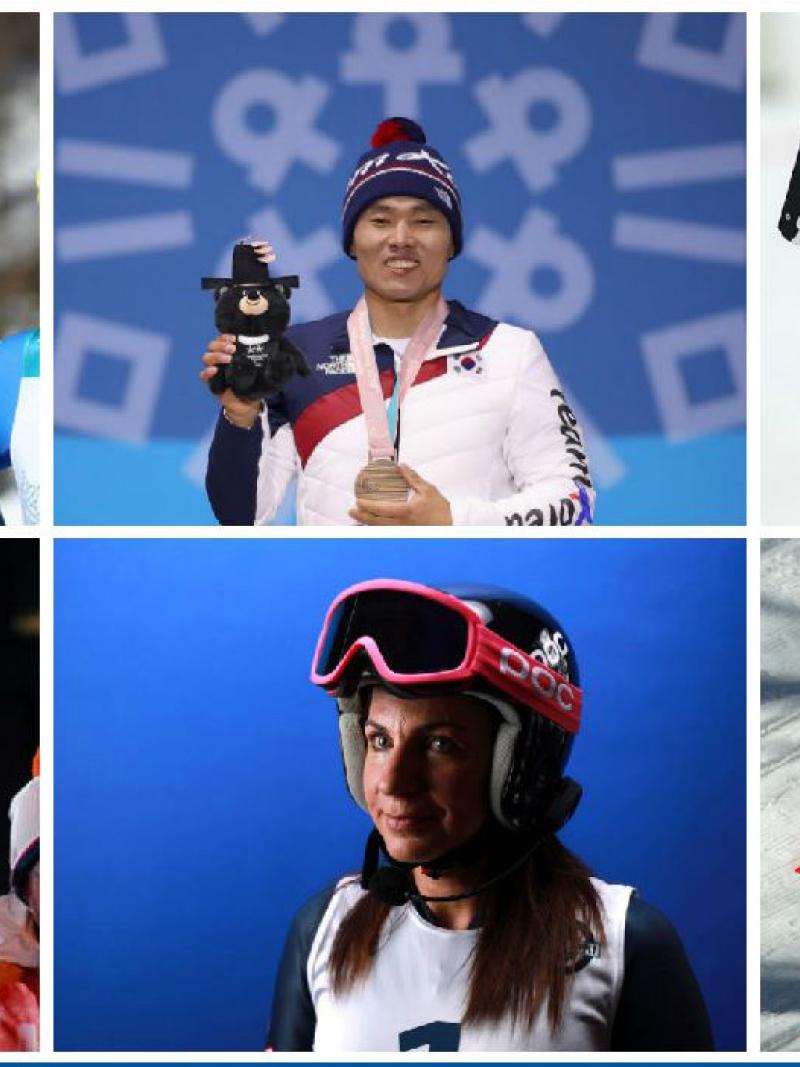PyeongChang 2018: Jeroen Kampschreur wins historic alpine gold
Super combined sees teenagers shine and favourites fall on day four 13 Mar 2018""There is definitely a lot of sweat behind it: a lot of training, a lot of tears, struggle, internal struggle particularly when something is not going your way"
History was made and favourites were dethroned on a stunning day of super combined at the Jeongseon Alpine Centre on Tuesday (13 March).
With many more established names not even finishing their races, it was left to some of the youngest skiers in the field to showcase their skills – led by 18-year-old Jeroen Kampschreur who became Netherlands’ first alpine medallist by winning gold in the men’s sitting.
Twenty-seven athletes did not finish the first super-G run, including gold medal favourites. Of the four skiers looking to stay perfect at PyeongChang 2018, only Slovakia’s Henrieta Farkasova and guide Natalia Subrtova walked away with the Paralympic hat-trick.
‘A dream come true’
Kampschreur, who completed a dominant clean slalom run to jump from third to top in the men’s sitting category, was ecstatic after his win.
"It was a dream come true,” Kampschreur said. “It was kind of the same as the World Champs: third after the first run in the super-G and make everything up in the slalom. Everything was following my plan in my head. I went at the slalom so fast. I just wanted to win, I wanted the gold medal.”
Kampschreur watched intently as France’s Frederic Francois’ super-G run, which knocked him to third place heading into the afternoon slalom. As a three-time 2017 world champion, the youngster came in PyeongChang with high expectations but did not make the downhill and super-G podiums the previous days. However, more of a technical skier, Kampschreur finally felt the golden feeling on Tuesday.
"It was hard to keep my focus but still I could put pressure on it and I could maintain my focus with skiing,” the Dutch teenager added.
Francois took the silver, his second in PyeongChang, and another teenage talent, Norway’s Jesper Pedersen, grabbed bronze for his first Paralympic medal.
DNF of the day
Perhaps the biggest surprise came in the women’s standing, which was taken by 18-year-old first-time Paralympian Mollie Jepsen of Canada.
France’s ever-dominant Marie Bochet – who had already won two gold medals in PyeongChang – made an uncharacteristic mistake in her super-G run that pulled her out of contention for a successive super combined title. Canada's Alana Ramsay took bronze.
Three-time world champion Bochet came flying through at 89.44 kmh in her third split time. It was the fastest of the women’s standing, but maybe too fast. As Bochet rounded the final sharp corner, she could not turn in time and missed the next gate, therefore registering as a Did Not Finish (DNF).
Her failure to complete the race ended her hopes of sweeping all five alpine events at the 2018 Paralympics.
"We knew that this gate was very hard to take. On the inspection, I was very concentrated on it and I was a little surprised by not seeing a gate (before) and then I missed the next one,” the 24-year-old said.
"Our sport is like that, if you miss a gate it's finished. I promise, I looked up to see if I could take the gate but it was so far. It's the game I play and I don't regret today. And that's my goal, I don't want to have some regrets. … I will come back tomorrow (for giant slalom)."
Bochet’s absence meant the gold was Andrea Rothfuss’ to lose. The four-time Paralympian headed into the second run – slalom – in the lead. But a less than clean end to her run meant she ended with a combined time of 2:33.07, 0.37 seconds behind Jepsen.
"Definitely (I was disappointed), but more about my run and performance than about the medal because (being a) three-time silver medallist here in PyeongChang that's really great,” said Rothfuss, who struggled to smile during the recognition ceremony. "I wanted to go fast and I tried to push myself and my ski down but in the end it was a little bit too slow, my movement. I guess Mollie had a really good run and did it a lot better than me.”
After injuring her anterior cruciate ligament twice, Jepsen – who won downhill bronze on Saturday – came away with her first Paralympic gold.
"I was just trying to keep a really positive vibe at the top of the hill,” Jepsen said. “I don't ski a lot of slalom so I didn't have very high expectations for this run so I was just trying to be aggressive and ski my best. It turned out pretty well.”
"In the environment I was in, I had a lot more adrenaline, aggression."
Schaffelhuber finally beaten
Germany’s Anna Schaffelhuber said all week her compatriot Anna-Lena Forster was strong in super combined – and she was right.
Despite clocking the fastest run in the morning, Schaffelhuber made two early mistakes at the start of her slalom run and could not recover, surrendering her Paralympic title to Forster. Japan’s Momoka Muraoka came in third.
"From the first gate I didn't have a good feeling at all and from the halfway gate I was like, 'Oh my goodness, I don't think I have any advantage (over the field) at all'. Then I just thought about fighting,” said Schaffelhuber, whose five-medal sweep was spoiled.
Forster, who was third after her morning run, showed clean slalom skiing and celebrated her first ever Paralympic gold, having succumbed as runner-up to Schaffelhuber at Sochi 2014.
"I knew (after the super-G section) that I had not that big a gap to the top (and) that I could reach it in the slalom. I was sure I could get a medal, I was not sure it would be gold,” Forster said.
"It's awesome for me. I trained so much in the last years and I wanted to be on the top of the world and now I have reached it.”
Last man standing
With its winding turns, the super-G segment was evidently challenging in the men’s standing, which saw 11 DNFs.
Neutral Paralympic Athlete Aleksei Bugaev was smooth in his slalom to collect the gold medal and defend his title from Sochi 2014.
France’s Arthur Bauchet needed a combined time of 2:10.56 but was 0.32 short, as Bugaev stayed on top. New Zealand’s Adam Hall completed the podium.
The early super-G run saw a shock when Swiss favourite and two-time PyeongChang 2018 speed champion Theo Gmur missed a gate, and Austria’s Markus Salcher also did not finish.
Hat-trick complete
Henrieta Farkasova finished ahead of Great Britain’s Menna Fitzpatrick and guide Jennifer Kehoe for the gold in the women’s vision impaired. But the accomplishment of going three-for-three was not a breeze, as she finished third in the slalom but had clocked a fast enough super-G time to hold on to gold.
"There is definitely a lot of sweat behind it: a lot of training, a lot of tears, struggle, internal struggle particularly when something is not going your way. We had a really hard last training before PyeongChang back in Slovakia,” Farkasova said. "It might look so easy in the competition but it's definitely not. Once you are competing at such an event though you have to be confident in your skills and make peace with it.
"This is what we are trying to do and we are pretty experienced. This is our 10th season and third Paralympics: we are ready."
In the men’s side, Slovakia’s Miroslav Haraus and guide Maros Hudik collected their first ever Paralympic gold after four Games.
Spain’s Yon Santacana Maiztegui and guide Miguel Galindo Garces were silver medallists, followed by Neural Paralympic Athlete Valerii Redkozubov and guide Evgeny Geroev.
Alpine skiing action continues on Wednesday (14 March) with giant slalom.
Every competition as well as the Opening and Closing Ceremonies can be watched live right here on the International Paralympic Committee’s website. Highlights of each day’s action will also be made available.
Tickets for PyeongChang 2018 can be purchased here.





